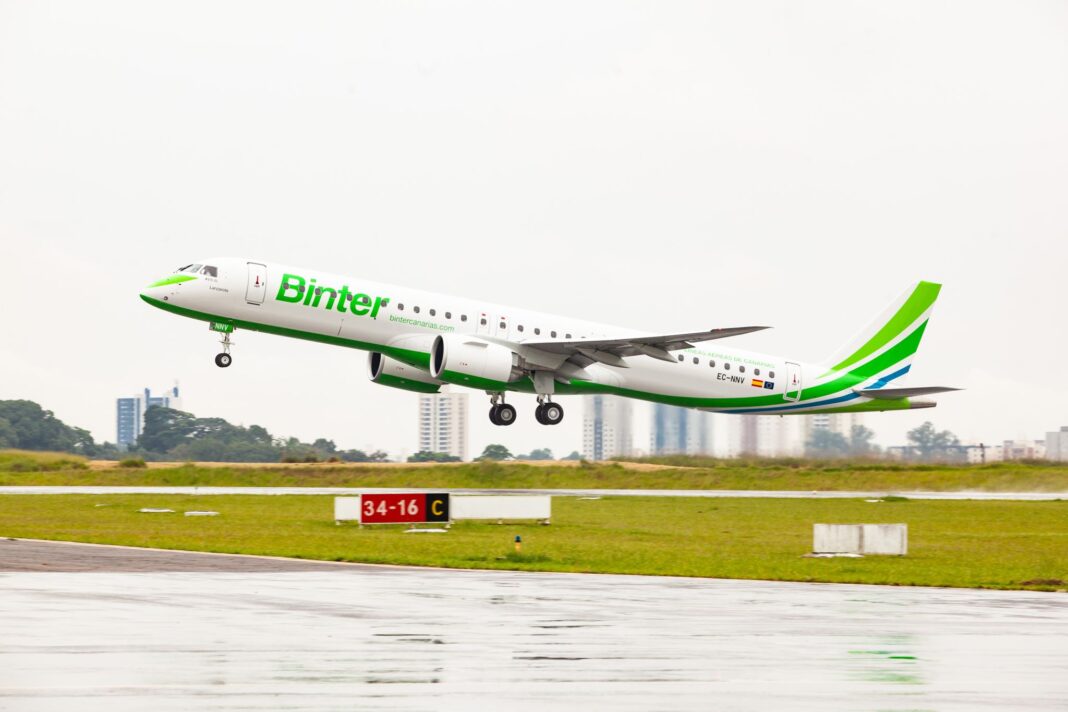At 4:17 a.m. (UTC +3), a violent earthquake struck the southwest of Turkey, with a magnitude of 7.8 and an epicenter in Gaziantep Province. The earthquake affected an area of more than 15 million people, including Syria. As a result, some airports in the area have closed due to severe runway damage.
The region is in an area where three tectonic plates converge: Anatolia, Arabia, and Africa. This earthquake is the largest tectonic movement in the area in 80 years.
According to the Turkish Ministry of Health, there are estimated to be thousands of deaths and an estimated $10 billion in losses. In the following hours, there were dozens of aftershocks ranging from 6.7 to 4.6, causing further damage to buildings.
One such building is Hatay Airport (HTY), which saw significant damage to its only runway, forcing it to close indefinitely. The airport typically handles an average of 28 daily flights with Anadolujet, Flynas, Turkish Airlines, SunExpress, and Pegasus, but all flights have been cancelled until further notice.
Hatay Havalimanı pisti ağır hasar aldı pic.twitter.com/sSjdrPawfH
— HavaSosyalMedya® (@HavaSosyalMedya) February 6, 2023
Turkey’s Vice President Fuat Oktay announced the suspension of civilian flights to Gaziantep (GZT), a major tourist hub and one of the largest cities in the area. The airport typically handles an average of 60 daily services within Turkey and Germany, with Turkish Airlines, Anadolujet, SunExpress, and Pegasus.
Diyarbakir (DIY) and Kahramanmaraş (KCM) airports have also closed for operational safety, leaving Adana Airport (ADA) as the only one operational in the disaster zone.
Turkish Airlines, AnadoluJet, Pegasus, and SunExpress have announced that passengers with flights to the earthquake zone or surrounding provinces are entitled to free refunds or date changes.







